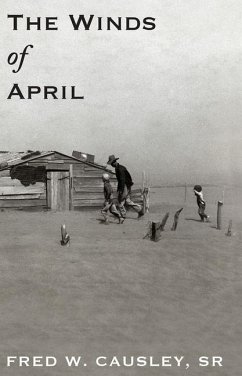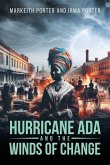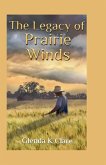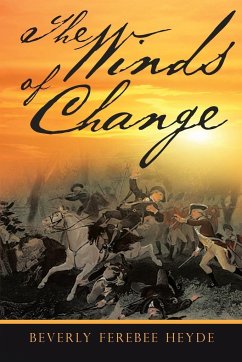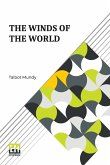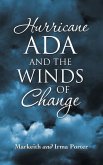The Dust Bowl lasted but a few years during the early 1930's yet it left an indelible mark on our nation's history. The enormous storms that scoured six million square miles of soil down to the plow pan hurt. Combined with the ravages of the Great Depression, millions of people were forced to relocate entire states away. With resilience that marks America, agricultural science fought nature and won. Courageous farmers who refused to give up their homes learned to apply the lessons laid down by science and nature. Today, those ruined lands are a major part of the world's breadbasket. Wheat and corn and cotton wave now where sand dunes reigned supreme. The Winds of April is a fictional story of the Carlisle family but this story also is the embodiment of those Americans that stayed home and prevailed.
Hinweis: Dieser Artikel kann nur an eine deutsche Lieferadresse ausgeliefert werden.
Hinweis: Dieser Artikel kann nur an eine deutsche Lieferadresse ausgeliefert werden.

